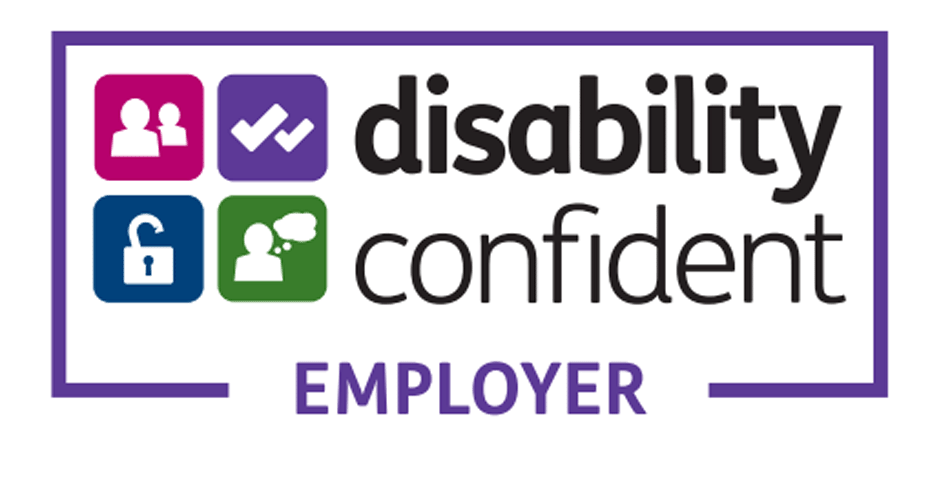
Shortlisting
Shortlisting documentation - After the job closing date the Recruitment Team will provide the following documents to selection panel:
- Applications/CVs
- PD01 Applicant summary form - this summarises all the applications
- Selection process template form - this is to provide the Recruitment Team with the interview details
- Job description
- Guidance notes for Chair of panel
Confidential Data - shortlisting documents contain highly confidential personal data and should only be viewed by panel members. It is the responsibility of the Chair to ensure that confidentiality is maintained during the short listing and interview process. At the end of the process all interview notes on candidates should be sent back to the Recruitment team and any other candidate information should be deleted and shredded.
Agreeing the shortlist - we recommend arranging a shortlisting meeting with the panel to agree your interview shortlist. If this is not possible this can be completed over Teams/email.
Steps to follow:
- Assess each application against the Job Description and Person Specification
- You may find the Shortlisting scoring grid a helpful tool
- Decide which candidates should be invited to interview
- Consider whether the selection process should include a presentation / assessment of some kind to assess certain selection criteria
- Update the PD01 Applicant summary with the shortlisting result
- Fill out the selection process template form with details of the interviews
- Send the completed forms back to your recruiter
- The Recruitment team will invite candidates to interview and request references for academic posts
- We will provide the panel with confirmation of candidates attending no later than 2 days before the interview (see Interview guidance)
Use of AI in Candidate Applications
The use of AI within candidate applications has been increasing in the last year, it is clear that AI is going to play a significant role in the future of work, becoming increasingly integrated into various aspects of what we do. It will be useful to us all and in recruitment especially it’s a good starting point for tasks like writing sections of job adverts and suggesting interview questions based on a person specification.
The tools undoubtedly help applicants communicate more effectively and efficiently, but genuine understanding of the purpose and the underlying knowledge of the subject matter will still be tested through the selection process.
Keeping records - A decision not to shortlist an applicant can be challenged under discrimination law at an employment tribunal. It is recommended that a record is kept of the criteria under which candidates are shortlisted for at least 6 months.
At the University of Exeter we are committed to attracting and retaining quality staff who will help us achieve our future goals and ambitions. Our commitment to redeployment enables us to retain essential knowledge and skills and build a resilient workforce.
Redeployment can also help a Recruiting Manager to fill their vacancy quickly.
Find out more inforamtion about redeployee recruitment.
- The University of Exeter is an equal opportunity employer which is 'Disability Confident'
- The University has made a number of commitments regarding recruitment, training, retention, consultation and disability awareness
- In terms of recruitment, the commitment we have made is to interview all disabled applicants who meet the minimum criteria for a job vacancy and to consider them on their abilities
- Applicants are advised to disclose whether they have a disability in their application and it is the responsibility of the selection panel to ensure that any disabled applicant who meets the minimum essential criteria is offered an interview
- Candidates with a disability will be indicated on the PD01 Applicant summary form
Reasonable adjustments - Panel members should also be aware of the duty to make reasonable adjustments for any candidate with a disability. Examples of reasonable adjustments could include:
- changing the interview location for an applicant who has mobility difficulties
- ensuring there is no background noise for a candidate with a hearing impairment
- allowing an applicant with a learning disability to be accompanied by a helper at the interview
